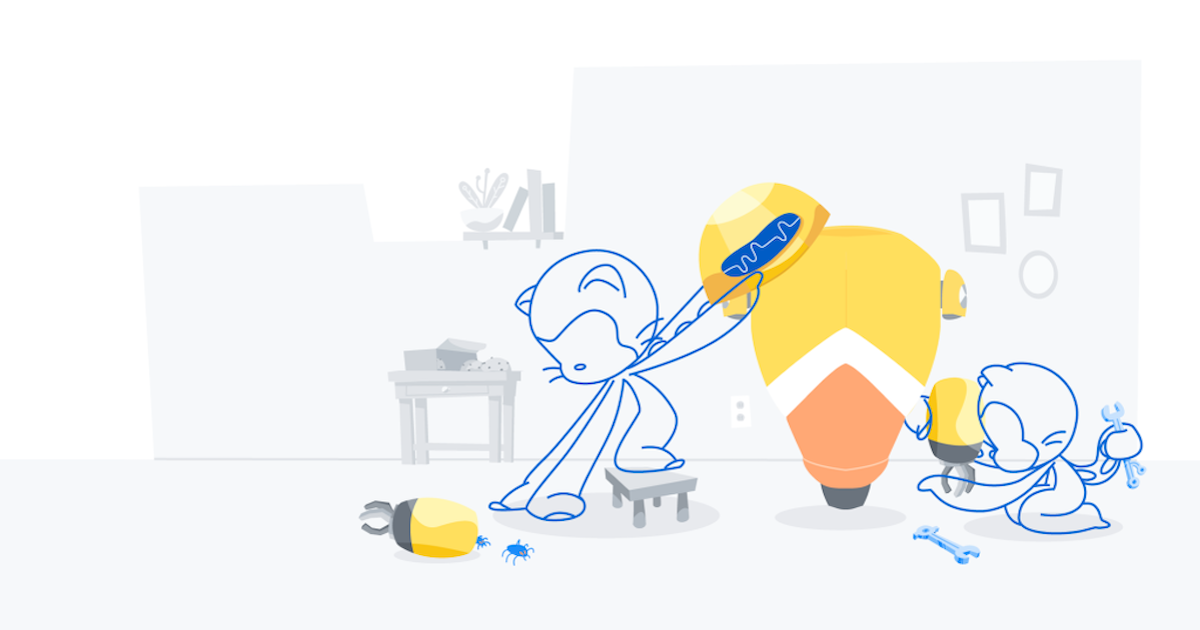
Vulcanizer: a library for operating Elasticsearch
Vulcanizer is a Go library for interacting with an Elasticsearch cluster. Its goal is to provide a high-level API to help with common tasks associated with operating an Elasticsearch cluster such as querying health status of the cluster, migrating data off of nodes, updating cluster settings, and more.
